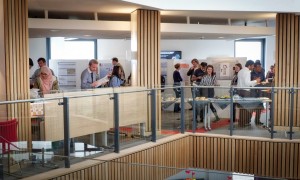
On the 18th of May the Faculty of Science and Technology held its Second Annual PGR Conference. This is a chance for the academic and postgraduate community to showcase the research that is being undertaken in the six departments within the Faculty. A total of 45 students presented their work over the course of the day, with 29 posters and 16 oral presentations.
The SciTech PGR Representatives: Hayley Roberts, Adam Roberts, Sarah Hodge and Paul Evans, would like to thank all who made the SciTech PGR conference such a success. Both Professor Christine Maggs and Professor Matt Bentley commented on how interesting it was to hear about the high quality research that PGRs in SciTech are conducting. We would like to thank both of them for their support. We were also honoured to have Vice Chancellor, Professor John Vinney who came to open the event and listened to the first session. The day wouldn’t have been possible without the support of Naomi Bailey, Louise Pearson and Natalie Andrade, the chairs, the presenters, the judges and everyone else that helped with the organisation.
Six prizes were awarded to students who demonstrated particularly high standards:
Best poster
Winner:
Jawwad Latif (Design and Engineering)
Experimental Analysis and Modelling of Multi-layer Coating in Large Vehicles
Runner-up:
Catherine Collop (Life and Environmental Sciences)
An individual based model of Poole Harbour – is disturbance from human activities limiting wintering bird numbers?
Best 15 minute presentation
Winner:
Sarah Jeffery (Psychology)
Self-Compassion & Healthier Lifestyles: A Self-Compassion Based Intervention to Support Health-Promoting Behaviours in Emerging Adults
Runner-up:
Oxala Garcia Rodriguez (Life and Environmental Sciences)
Comparative phylogeography of modern humans and other organisms
Best 20 minute presentation
Winner:
Adam Roberts (Design and Engineering)
The potential of using the water hammer effect in small-scale tidal power applications
Runner-up:
Monica Knul (Life and Environmental Sciences)
Re-assessing the quality of published radiocarbon dates of the Middle and Upper Palaeolithic in Europe
Congratulations!

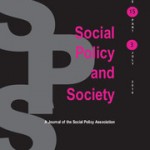 HSS PhD student Andrew Harding and fellow authors Jonathan Parker, Sarah Hean and Ann Hemingway have recently had a paper accepted for publication in Social Policy & Society, the sister publication to the Journal of Social Policy and run by the Social Policy Association.
HSS PhD student Andrew Harding and fellow authors Jonathan Parker, Sarah Hean and Ann Hemingway have recently had a paper accepted for publication in Social Policy & Society, the sister publication to the Journal of Social Policy and run by the Social Policy Association.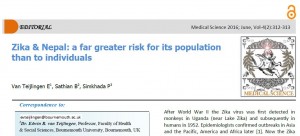
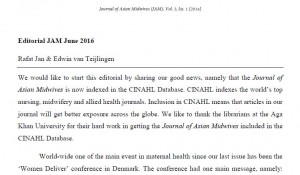
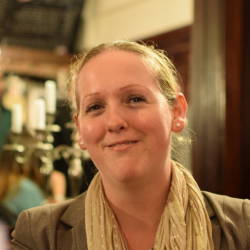 Our former colleague, Collette Cherry, now Assistant Vice Chancellor of the University of Winchester has written an
Our former colleague, Collette Cherry, now Assistant Vice Chancellor of the University of Winchester has written an 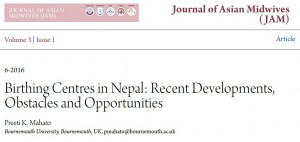
 The research councils are replacing their electronic grants submission service, Je-S, in 2017. More information about this project can be found here
The research councils are replacing their electronic grants submission service, Je-S, in 2017. More information about this project can be found here  As you will know, the Government has published a
As you will know, the Government has published a 




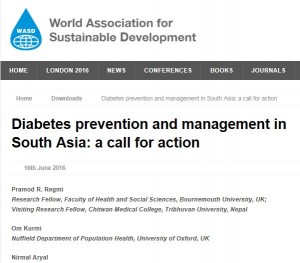


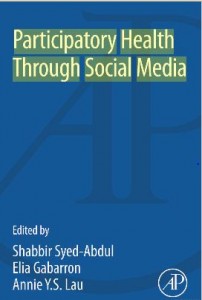
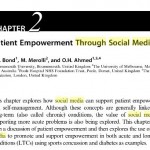
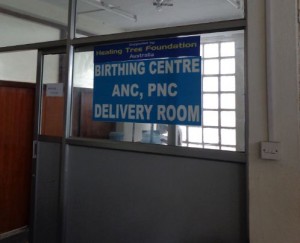

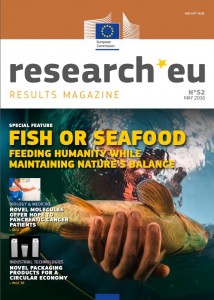











 FHSS academics teaching in Nepal
FHSS academics teaching in Nepal New weight change BU paper
New weight change BU paper One week to go! | The 16th Annual Postgraduate Research Conference
One week to go! | The 16th Annual Postgraduate Research Conference Geography and Environmental Studies academics – would you like to get more involved in preparing our next REF submission?
Geography and Environmental Studies academics – would you like to get more involved in preparing our next REF submission? Congratulations to three former BU staff
Congratulations to three former BU staff MSCA Staff Exchanges 2024 Call – internal deadline
MSCA Staff Exchanges 2024 Call – internal deadline Applications are now open for 2025 ESRC Postdoctoral Fellowships!
Applications are now open for 2025 ESRC Postdoctoral Fellowships! Horizon Europe – ERC CoG and MSCA SE webinars
Horizon Europe – ERC CoG and MSCA SE webinars MaGMap: Mass Grave Mapping
MaGMap: Mass Grave Mapping ERC grants – series of webinars
ERC grants – series of webinars